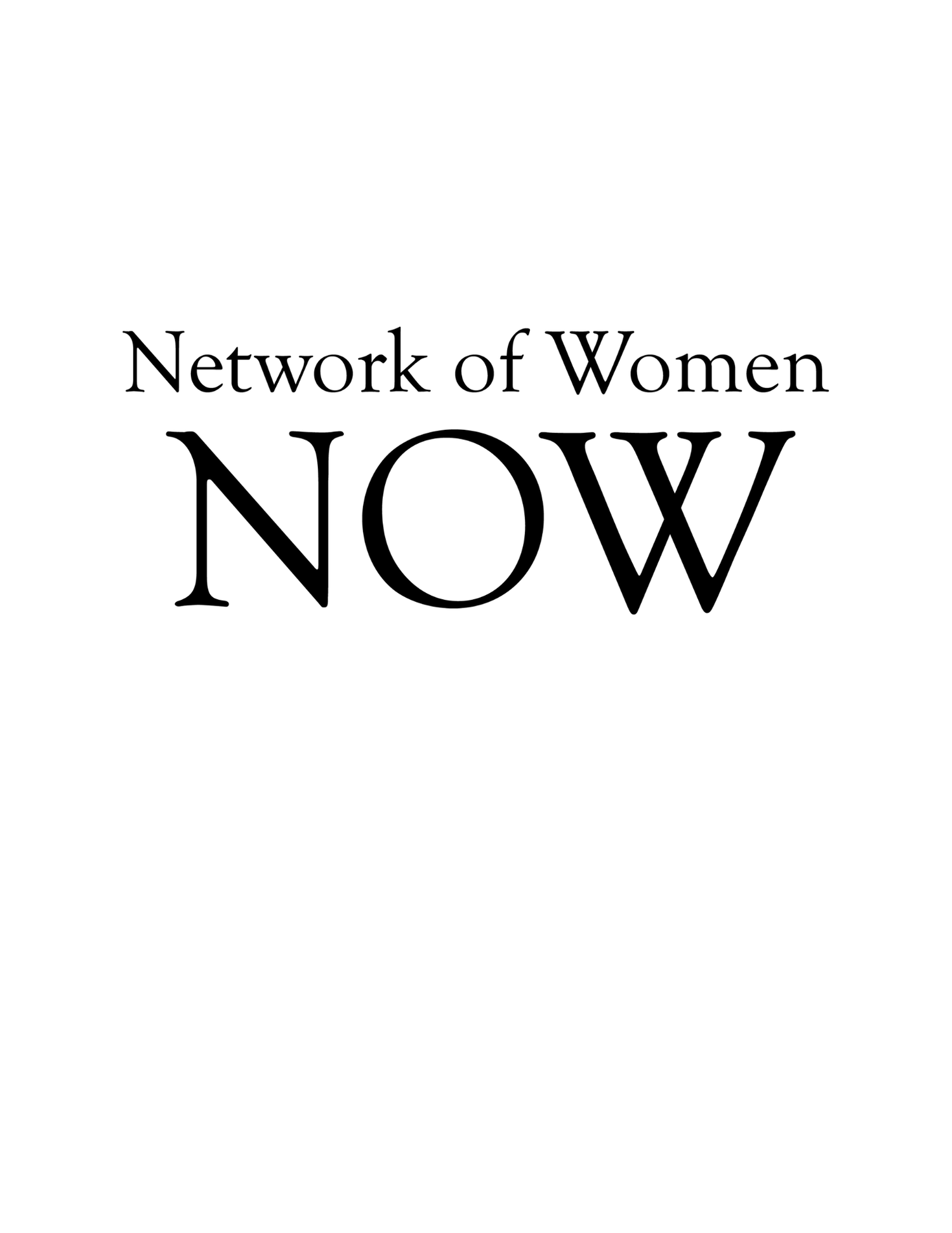"Empowering Voices: The Significance of Reading About Women and the African American Experience"
In a world abundant with stories, the power of literature lies in its ability to shape our understanding of diverse experiences and perspectives. One of the most crucial narratives to explore is that of women in the African American community. Their stories are not only rich in history but also serve as a testament to resilience, strength, and the ongoing pursuit of justice. Join us on a journey to discover why reading books about women and the African American experience is not just important but an essential step towards fostering empathy, understanding, and change.
Preserving History and Culture:
The African American experience is deeply rooted in a history of oppression, struggle, and triumph. Books that delve into this experience capture the essence of a culture that has been shaped by the fight for freedom, equality, and identity. These stories not only preserve history but also provide an opportunity to celebrate the achievements and contributions of African Americans to society.
Empowering Women's Narratives:
Within the broader narrative of the African American experience, the voices of women are particularly powerful. These women, often unsung heroes, have made significant contributions to civil rights, arts, education, and so much more. Reading about their experiences and achievements empowers not only African American women but everyone who seeks inspiration from the strength and resilience of these trailblazers.
Building Empathy and Understanding:
Books have the remarkable ability to transport us into the lives of others, fostering empathy and understanding. Reading about the African American experience, especially from a woman's perspective, allows us to step into their shoes, comprehend their challenges, and appreciate their successes. This, in turn, strengthens our capacity to empathize with the struggles of others.
Fostering Change:
The knowledge gained from literature can be a catalyst for change. When we immerse ourselves in the stories of African American women, we become better equipped to advocate for social justice, equality, and inclusivity. Reading empowers us to be allies in the fight against discrimination and prejudice.
Conclusion:
In a world where diverse voices are essential for progress, literature becomes a powerful tool for change. Reading books about women and the African American experience not only enriches our understanding of history but also empowers us to contribute to a more inclusive and just future. By embracing these stories, we recognize the strength, resilience, and determination that continue to shape the African American community and, in doing so, we become a part of their journey toward a more equitable world.
Here's a list of five influential African American women authors known for their contributions to both fiction and nonfiction: Let me know which book (s) resonate with you.
Fiction:
Toni Morrison: "Beloved" - In this haunting tale, Sethe, a former slave, grapples with the horrors of her past and the haunting presence of her deceased daughter, Beloved. Morrison explores themes of motherhood, trauma, and the legacy of slavery in post-Civil War America.
Octavia E. Butler: "Kindred" - A groundbreaking work of speculative fiction, "Kindred" follows the story of Dana, a contemporary African American woman who is inexplicably transported back in time to the antebellum South. Butler masterfully explores issues of race, power, and survival in this time-travel narrative.
J. California Cooper: "Family" - Through a series of interconnected stories, J. California Cooper paints a heartwarming picture of the Black American experience, focusing on the importance of family and community.
Chimamanda Ngozi Adichie: "Americanah" - The novel follows Ifemelu, a young Nigerian woman who emigrates to the United States. Adichie explores themes of identity, race, and belonging as Ifemelu navigates the complexities of her new life.
Jacqueline Woodson: "Another Brooklyn" - Woodson's lyrical novel transports readers to 1970s Brooklyn, where four young friends grapple with the challenges of adolescence and the complexities of growing up in a vibrant yet often unforgiving city.
Nonfiction:
Michelle Obama: "Becoming" - In her memoir, Michelle Obama offers an intimate and insightful look at her life, from her childhood to her years as First Lady. She shares her experiences, values, and hopes for the future.
Paula Giddings: "When and Where I Enter: The Impact of Black Women on Race and Sex in America" - Giddings' work provides an in-depth exploration of the pivotal role that Black women have played in shaping American history, from the suffrage movement to the civil rights era.
Roxane Gay: "Hunger: A Memoir of (My) Body" - In this honest and candid memoir, Roxane Gay reflects on her body, self-image, and the challenges she has faced as a Black woman in a society obsessed with weight and appearance.
Isabel Wilkerson: "The Warmth of Other Suns: The Epic Story of America's Great Migration" - Wilkerson's groundbreaking book traces the journeys of three African Americans who left the South during the Great Migration, highlighting the profound impact of this mass movement on American society.
bell hooks: "Ain't I a Woman: Black Women and Feminism" - In this classic work of feminist theory, bell hooks examines the intersection of race, gender, and class, shedding light on the unique struggles and contributions of Black women in the feminist movement.

